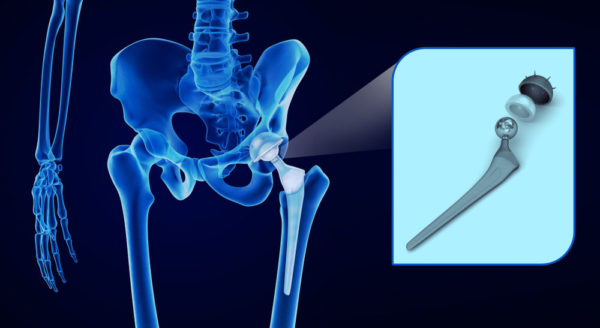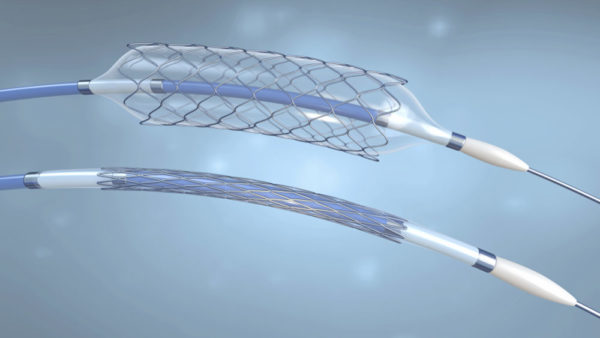
The FDA’s Center for Devices and Radiological Health (CDRH) oversees firms who manufacture medical devices and implants sold in the United States. The precise legal authority is governed by the Federal Food Drug and Cosmetic (FD&C) Act. Medical devices can range from a basic tongue depressor to a complex implantable defibrillator, but all devices are regulated by the FDA. The perception of what is meant by a ‘medical device’ is often at odds with the regulatory reality. Some devices are classified as radiation emitting products (a different category of device still regulated by the CDRH) and some are classified as medical devices. The medical devices that are also electronic radiation emitting devices, and must follow additional sets of controls during FDA premarket approval.
The law defines a medical device as “an instrument, apparatus, machine, implant, or other similar article that is intended for use in the treatment or prevention of disease.” Defective medical devices can be anything from a breast implant to a recalled surgical stapler or even a birth control device such as the lawsuit-riddled Paragard IUD. The term is very broad and includes items that the public may not consider to be medical devices, such as condoms, as well as the Lasik procedure.
Table of Contents
Medical Device Recalls
Some devices that have recently emerged as problem devices are the Medtronic HVAD Pump Implants Kits (a heart pump that was recalled in late 2020), and of course the 2019 surge of defective hernia mesh claims.
The Styker artificial hip joint has developed problems, causing hundreds of patients to require a second hip replacement surgery because of the hip implant has separated painfully from the bone six months after surgery. Stryker Corporation issued a recall for many of these devices in 2016 after a large number of hip replacement surgeries resulted in failure.
 Some other medical devices have special histories that patients will uncover after minimal amount of research on the internet or after investigating the FDA’s medical device database (MAUDE) of adverse events reports. It is important to conduct thorough research before you undergo device surgery to uncover any hidden problems with the device or implant.
Some other medical devices have special histories that patients will uncover after minimal amount of research on the internet or after investigating the FDA’s medical device database (MAUDE) of adverse events reports. It is important to conduct thorough research before you undergo device surgery to uncover any hidden problems with the device or implant.
Some of these problem devices and implants may include gadolinium-based contrast agents, birth control patches, knee implants, penile implants, human tissue transplants, and endoscopes. Endoscopes have been a problem because they are not consistently clean before being reused from patient to patient. Scopes are used again and again and not always completely sterilized between patients. As the medical device industry becomes more diversified, more areas open where patients are exposed to potential injury from increasingly complex implants.
Medical Device Injury
If you are a victim of a medical device injury, a medical device attorney can help in the event of a device or implant recall by the FDA or the company that manufactured the implant. Typically, in a medical device lawsuit, the injured party suffers from a ‘signature injury’ that is well-recognized in the medical literature, a ‘signature injury’ that an attorney would recognize as attributable to that particular medical device. Medwatch adverse events reports will bear out these signature injuries. It is not necessary to have a so-called ‘signature injury’ in order to recover damages, but not having the established ‘signature injury’ makes the legal process more difficult, given that the client won’t be immediately identified as suffering from a well-established injury.









